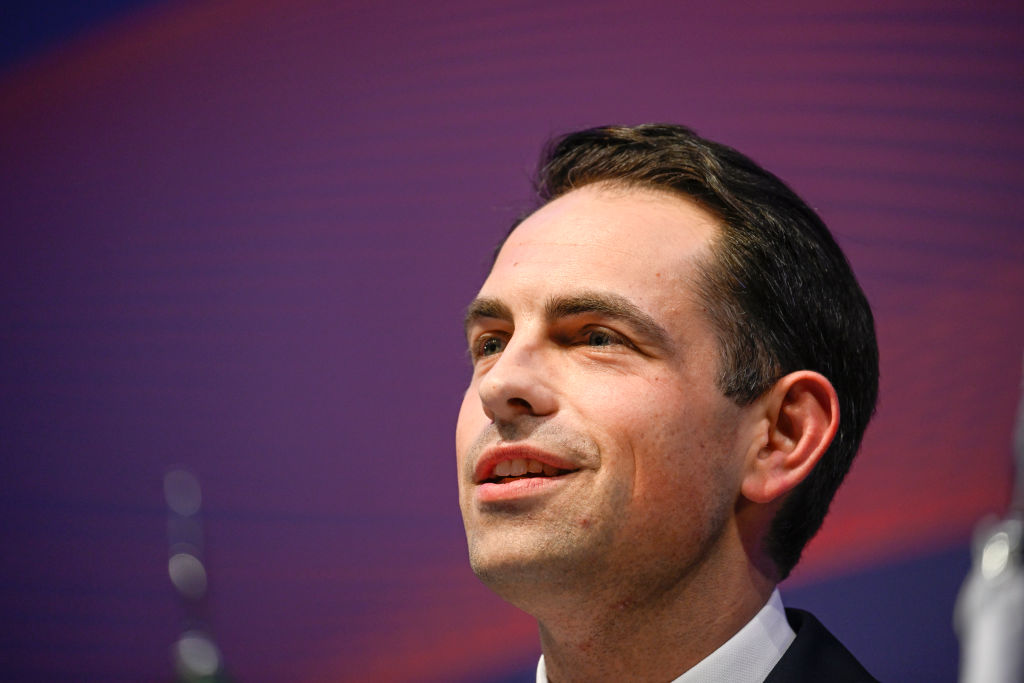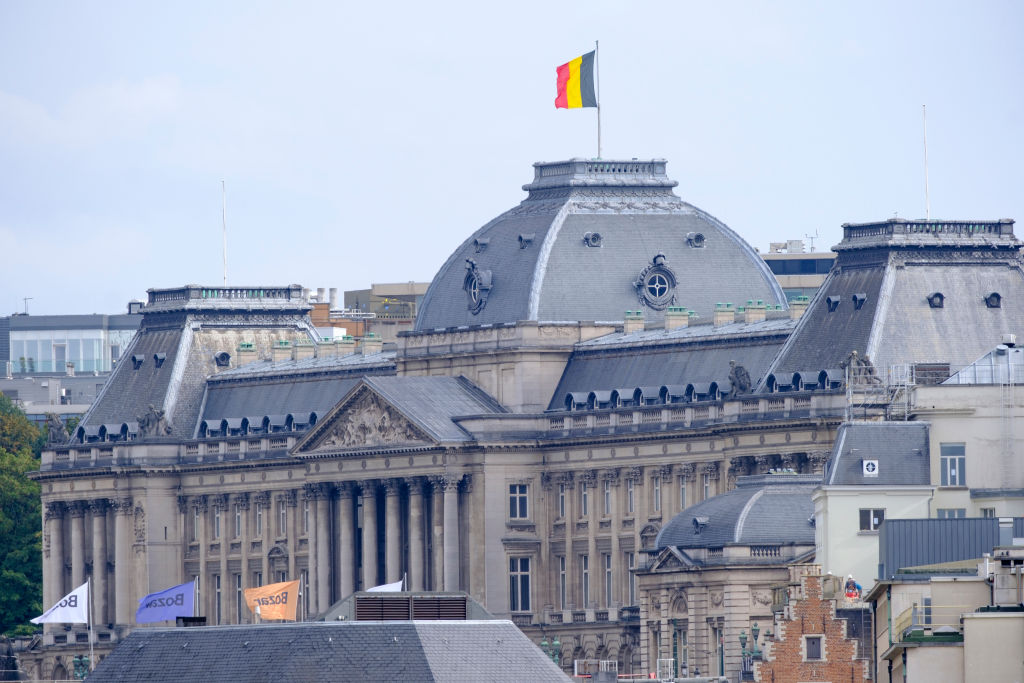A poll in Belgium shows the traditional parties are all in self-defence mode with populist parties on both the hard-right and the hard-left on the rise.
In the poll by Walloon newspaper La Libre Belgique and public broadcaster RTBF, the Marxist PVDA party surged to third place in Flanders, scoring 12.2 per cent and overtaking the Christian Democrats (11.6 per cent), the Socialists (11.5 per cent) and the Liberals (10.4 per cent).
The Vlaams Belang again topped the list, as in all other polls over the past couple of years, with 26 per cent, 7 per cent more than it managed in the 2019 Belgian elections.
In second place was the centre-right N-VA party, scoring 20.9 per cent, 4.6 per cent less than it scored in the previous elections.
That would give both separatist parties the majority in Flanders.
The Marxist PVDA score of 12.2 per cent marked an increase of 6.6 per cent on 2019.
The other traditional parties would all hover around 10 per cent in Flanders, while the Green party lagged behind on 6 per cent, perilously close to the 5 per cent threshold required for representation.
Historically, Marxists were a relatively small force in Flanders.
The PVDA also has what many regard as somewhat peculiar stances on the Russian war against Ukraine and Chinese policies, while it is seen as quick to denounce Western countries.
In January, it claimed the Colruyt Group, a large Belgian retailer, had only paid 0.27 per cent taxes on a profit of more than €1.8 billion. In reality, the company, a major job-creator, paid 24.8 per cent.
The PVDA is well funded, in large part thanks to high membership fees. Some members even pay extra in light of a so-called reference budget based on individual family composition.
Party officials are encouraged to voluntarily contribute any additional earnings to the party as membership fees. For the PDVA, this is not considered a donation and consequently, legal rules regarding donations to political parties do not apply.
The PVDA also said it received considerable amounts in other donations.
A lot of its money is spent on campaigning and social media, making the Marxists popular online, most notably on TikTok.
In Flanders, opponents do not want to work with them although in Wallonia, Belgium’s southern, French-speaking half, Socialists and Greens have toyed with the idea.
In Wallonia, according to the latest poll at least, the local branch of the party, named PTB, would score 16 per cent, a fall compared to the last elections – but that would still keep it in third place.
The biggest group would remain the Socialist Party, with 25.4 per cent, followed by the liberal MR Party, with 20.8 per cent.
In Brussels, the MR is projected to make gains to hit 22.9 per cent.
The Greens would obtain 15.5 per cent, the Socialists 14.2 per cent and the PTB 14 per cent.
While the Flemish are a minority in Brussels, Vlaams Belang would score 5 per cent.
As no other party seemingly wants to work with it, and due to specific representational demands for the Dutch-speaking community, the N-VA, projected to poll 3.8 per cent, would then have to be part of the next government.
It is important to note the latest poll was carried out online, which many believe makes it vulnerable to manipulation.
In addition, according to Liberal minister Sven Gatz, the samples in the poll were too small to be statistically significant or reliable.





